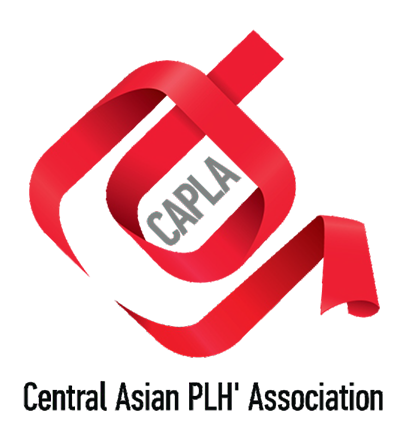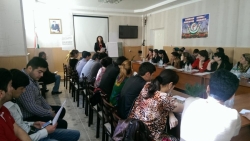«Paradoxically, but often people living with HIV experience stigma and discrimination from those who seemingly on professional duty is intended to help, to heal, to provide psychological support».
April - May 2016. From April 21 to May 5, 2016 in Dushanbe have took place five cascade trainings on "Formation of tolerant attitude among health professionals towards PLHIV" within the USAID-funded project "LEADER for People Living with HIV." Among participants there were ealth workers of different levels: from the chief physician to the nurse. Total coverage amounted 160 individuals.
Earlier in Almaty CAAPLHIV held a training of trainers, to consolidate the knowledge and skills and further to conduct a one-day cascade training in each country, covering 15 individuals. Then PF SPIN Plus decided to seek assistance in Dushanbe Department of Health and found support there.
The trainings were successfully held in the Municipal Department of Health Dushanbe for deputy chief medical officers of the City Health Center №9, CHC№1, for physicians of different profiles, as well as for major and senior nurses and health care facilities of the Department of Nursing. The trainers were experts of the Office of Health of the City of Dushanbe - Z. Safieva, City AIDS Center - R. Ashurov, social workers of NGO "SPIN Plus” Davlyatova G. and Kodirov I. lawyer of Abdullayev R.
Participants acquired and increased knowledge about HIV prevention, particularly among rural youth and other issues related to stigma and discrimination against PLHIV, got acquainted with the methods of effective information presentation that allowed them to improve their skills in informing the MARPs.
At the end of each training, we have received requests for individual training sessions in each facility. Currently it is under the consideration the opportunity of continuation of the cycle of trainings in collaboration with health care settings with the application of the results and conclusions of the "Stigma Index" survey, which was recently conducted and presented in the CAR, including Tajikistan.
"The main consequences of stigma and discrimination in health care settings are the barriers for the diagnosis of HIV infection, the treatment of PLHIV, as well as human rights violations, particularly the lack of confidentiality and denial of medical care. Training activities will undoubtedly help develop tolerance attitude among health professionals"- says President of NGO "SPIN plus" Pulod Djamolov.

























